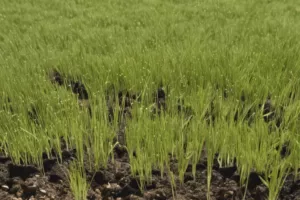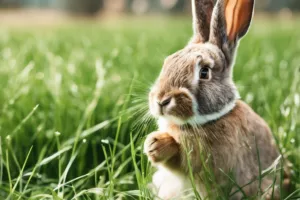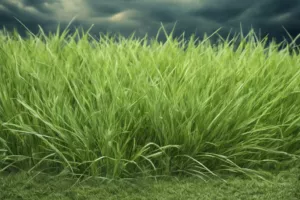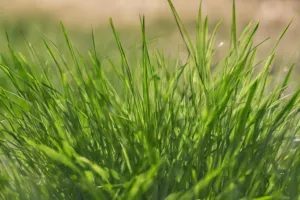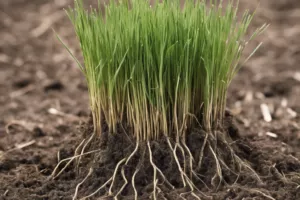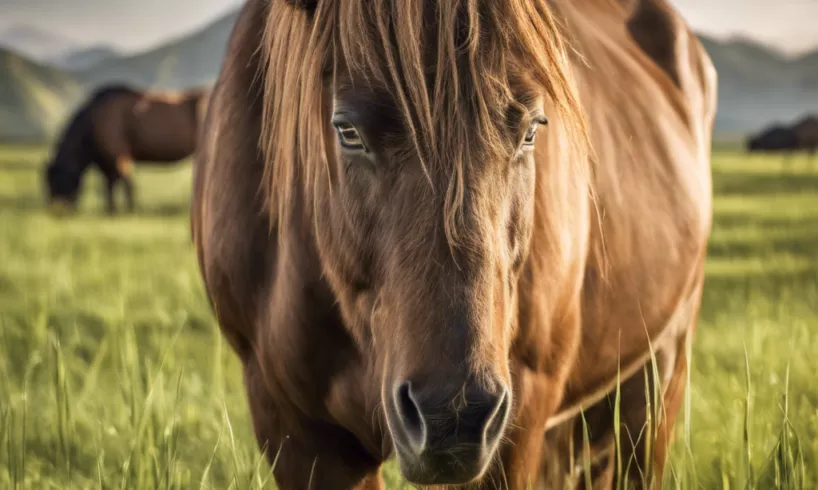
The Primary Benefits of Buffalo Grass for Horses
Buffalo grass, scientifically known as Bouteloua dactyloides, is a perennial, warm-season grass that is native to North America. It is touted for its hardiness, ability to thrive in a variety of soil conditions, and its low water and maintenance requirements. However, one question often asked is: “Is buffalo grass good for horses?” The answer is a resounding yes, and the benefits it offers are numerous.
Firstly, buffalo grass is a low sugar, high fiber forage, making it a healthy and nutritious food source for horses. Its high fiber content aids in digestion, and its low sugar content makes it ideal for horses that are prone to laminitis, a painful inflammatory condition of the tissues (laminae) that bond the hoof wall to the pedal (coffin) bone in the horses’ hooves.
Secondly, buffalo grass is a hardy and resilient breed. It can withstand heavy grazing, recover quickly, and grow back in a short time. This characteristic makes it a sustainable and long-lasting feed source for horses, suitable for pastures and grazing lands.
An In-depth Look at the Components of Buffalo Grass
Buffalo grass isn’t just beneficial for horses; its components also contribute positively to the environment. Here are the key components of buffalo grass and their respective contributions.
Low Water Requirement
Buffalo grass has a deep root system that enables it to absorb water efficiently. This characteristic means it requires less water compared to other grass types, making it a drought-resistant grass and an excellent choice for areas with water restrictions or low rainfall.
Soil Erosion Control
With its robust and expansive root system, buffalo grass is efficient in preventing soil erosion. It holds the soil together, reducing the risk of soil displacement caused by wind and water.
Sustainability
Buffalo grass requires minimal maintenance. It can thrive in various soil types, cope with heavy grazing, and recover quickly, reducing the need for constant replanting.
Special Considerations for Horses and Buffalo Grass
While buffalo grass is generally beneficial for horses, some special considerations should be noted.
Overgrazing
Despite buffalo grass’s resilience, overgrazing can still pose a problem. It’s crucial to manage grazing to allow the grass to recover and maintain its health.
Pesticide Use
If buffalo grass is used for horse pastures, caution should be exercised when using pesticides or other chemical treatments. These substances can be harmful to horses if ingested.
Practical Tips for Utilizing Buffalo Grass
To fully harness the benefits of buffalo grass for horses, here are some practical tips.
Grazing Management
Implement a rotational grazing system. This practice allows portions of the pasture to rest and recover, promoting the grass’s health and longevity.
Soil Testing
Carry out regular soil tests to assess the soil’s nutrient content. This information can guide any necessary soil amendments to optimize the grass’s growth.
Regular Mowing
Mowing the grass helps maintain its height, encouraging denser growth and preventing the establishment of unwanted plants.
The ability of buffalo grass to provide a nutritious, sustainable feed source for horses, coupled with its environmental benefits, makes it a top choice for horse pastures. Its resilience and low maintenance requirements further enhance its appeal, cementing its status as a valuable resource in equine management.

Bob Green, a passionate lawn care enthusiast with over two decades of landscaping experience, is this website’s proud owner. His vast knowledge of horticulture and dedication to helping homeowners maintain beautiful lawns are reflected in the valuable content he shares on his platform. John has always been interested in Agrostology.









